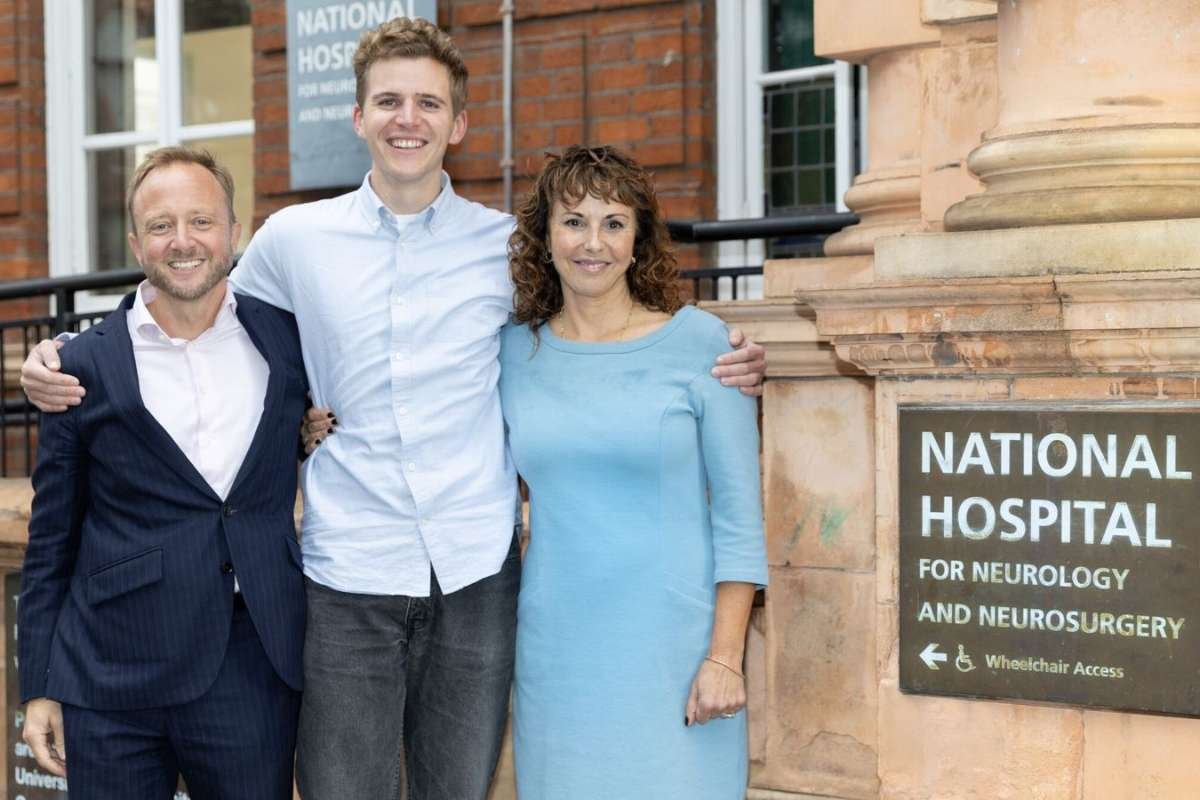Key Points:
- Gene therapy slows Huntington’s by 75%.
- Blocks toxic huntingtin protein.
- Breakthrough offers new hope.
Huntington’s disease has been treated successfully for the first time in a gene therapy trial, researchers in the United Kingdom announced on Sept. 24. The therapy slowed the progression of the illness by 75% in patients three years after treatment, marking a breakthrough for a condition that has long been considered incurable.
The trial was led by University College London’s Huntington’s disease center and directed by Prof. Sarah Tabrizi. The treatment targets the faulty gene responsible for the condition and is delivered through a one-time surgical procedure lasting 12 to 20 hours.
How the therapy works
The therapy uses a modified virus to deliver a strand of DNA into neurons. Once inside, the DNA prevents the production of a toxic protein called huntingtin, which causes the disease. The virus is infused through a microcatheter into two areas of the brain at a very slow rate to reduce the risk of adverse reactions.
The trial involved 29 patients in the UK and the United States. Participants who received a higher dose of the therapy showed an average 75% slowing of disease progression. Tests measured motor function, cognition, and daily living. Brain scans also showed reduced signs of cell death, with lower levels of neurofilaments compared to untreated patients.
Walid Abi-Saab, chief medical officer of the biotechnology company uniQure, which developed the drug, said the results were encouraging. “We are incredibly excited about these topline results and what they may represent for individuals and families affected by Huntington’s disease,” he said. UniQure plans to submit the drug for approval in the United States next year.
Impact on patients and families
Huntington’s disease is caused by a single defective gene and affects about 6,000 to 10,000 people in the UK, with at least 20,000 more carrying the mutation. Each child of an affected parent has a 50% chance of inheriting the disease. Symptoms typically appear in a person’s 30s or 40s and include mood changes, uncontrolled movements, cognitive decline, and eventual paralysis. Many patients die within 10 years of diagnosis.
Until now, available treatments have only managed symptoms without slowing disease progression. The new therapy offers patients the possibility of living independently for longer and could one day prevent symptoms if given earlier.
Prof. Tabrizi said the breakthrough marks a turning point. “We now have a treatment for one of the world’s most terrible diseases,” she said. “This is absolutely huge. I’m really overjoyed.”
For families living with the disease, the announcement brought relief. Robyn Perry, 34, a support worker from Liverpool, has cared for her father with Huntington’s for 16 years and tested positive for the gene at age 20. She described the results as life-changing for the community. “We’ve fought for so long for a cure,” she said. “For this day to come – it means absolutely everything for us and our families.”
Next steps for research
Although the full trial data have not yet been published, the reported results suggest gene therapy could transform the outlook for Huntington’s disease patients. Researchers believe earlier treatment might stop symptoms before they appear, though more studies are needed.
Currently, only about 20% of people with a family history of Huntington’s choose to undergo genetic testing, since there has been no treatment. Tabrizi said this is likely to change. “Now I think many more people will come forward for the genetic test because there’s a treatment,” she said.
The complexity and cost of the procedure remain challenges. The single-dose treatment requires lengthy neurosurgery, which may limit availability. Still, experts say the results represent the most significant progress against the disease in decades.







